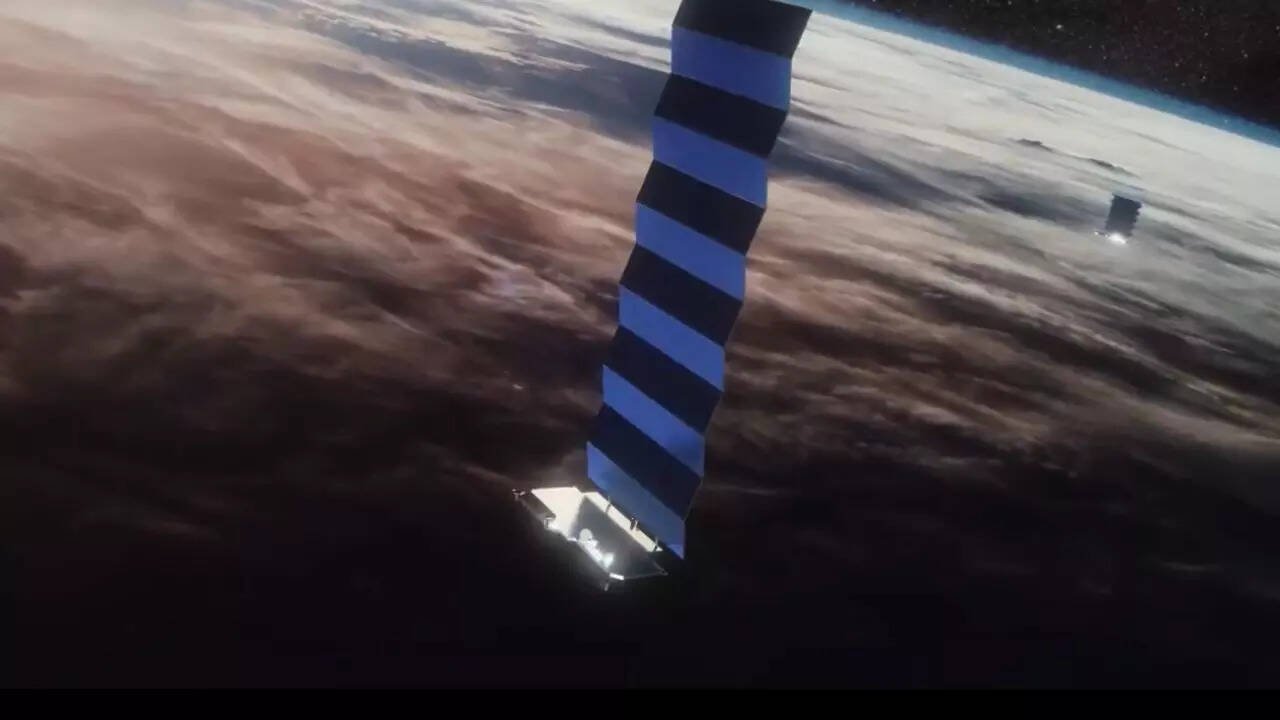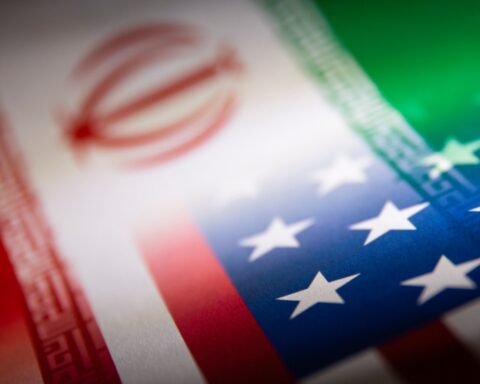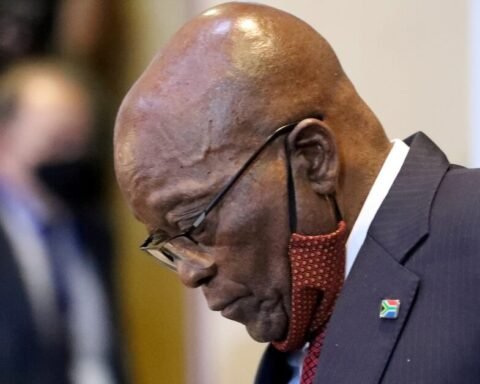In the face of growing unrest and internet blackouts in Iran, a notable voice from the U.S. diplomatic circle is urging one of the world’s leading tech innovators to step in.
Richard Grenell, a former U.S. Ambassador to Germany and Special Presidential Envoy, has publicly appealed to Elon Musk to activate free Starlink internet service inside Iran, citing urgent humanitarian concerns amid worsening military tensions and government censorship.
Grenell’s request, shared via X (formerly Twitter), comes in the aftermath of U.S. missile strikes on Iran’s nuclear facilities—a move that followed earlier Israeli airstrikes. The strikes have triggered widespread digital blackouts and fear of deeper isolation for ordinary Iranians.
“@elonmusk Can you turn on Starlink for free in Iran for the next few weeks? My friends inside Iran don’t have regular access to information right now,” Grenell posted on June 21. “I’ll chip in a donation, and I think others would, too.”
While Starlink beams are reportedly already active over Iran, according to Musk, Iranians still lack the necessary user terminals (also known as satellite dishes) to connect. These devices are hard to come by due to government restrictions and regulatory crackdowns that punish the use of foreign communications equipment.
Iran’s government has long maintained a firm grip on digital freedom. The country frequently blocks access to platforms such as WhatsApp, Instagram, and Telegram, and enforces strict internet censorship laws. Following the latest airstrikes, authorities have tightened controls even further, intensifying both surveillance and service disruptions.
In response to this clampdown, Grenell’s appeal aims to replicate what Starlink successfully achieved in Ukraine, where over 40,000 Starlink terminals were deployed after Russia’s invasion in 2022. There, the satellite network became a lifeline for civilian communication, war coordination, and emergency relief.
But the situation in Iran is more complicated. The government recently filed complaints to the International Telecommunication Union (ITU), demanding global action to block unauthorized satellite signals and equipment. Iran has also warned citizens not to install or use Starlink kits, labeling them a national security threat.
Also Read; Putin Stresses Russia Must Avoid Economic Recession
Despite this, digital rights advocates argue that giving Iranians access to uncensored internet would empower citizens, promote transparency, and help the world better understand what is happening inside the country. With military tensions rising and internal dissent growing, access to independent information has become more critical than ever.
Although Musk has not directly responded to Grenell’s plea, his previous support for open access to information—including his past actions in Ukraine and his vocal stance against censorship—suggest he might be open to facilitating internet access in crisis regions again. Musk had earlier tweeted simply: “The beams are on,” confirming that Starlink satellite coverage includes Iranian territory.
Whether Musk chooses to engage directly this time remains unclear, but Grenell emphasized he was ready to help raise funds or organize donations for the effort.
“This isn’t about politics,” he wrote. “This is about giving people access to the truth.”
Why It Matters
- Digital freedom in Iran has become a battlefield, and access to unfiltered internet could offer a lifeline to millions.
- Starlink’s past success in conflict zones shows that private tech can serve humanitarian needs when governments fail.
- Grenell’s intervention could open new possibilities for donor-funded, private-public cooperation during international crises.







